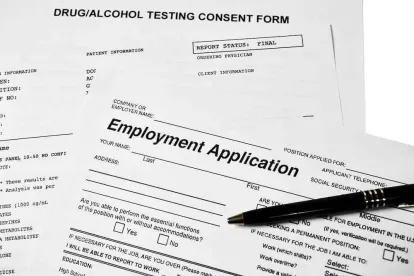When the COVID-19 crisis hit in early 2020, there was a general consensus that enhanced unemployment benefits were necessary to address the crippling impact on the economy and workers. However, following a recent U.S. Bureau of Labor Statistics April jobs report, which highlighted a growing shortage of available workers, the U.S. Chamber of Commerce and many businesses have asserted that the federal unemployment supplement is discouraging people from working -- at a time when there is a dramatic need for employees in some industries. In fact, the Chamber has argued that one in four recipients of unemployment compensation are making more than they earned while working. The restaurant industry in particular, but also other industries such as manufacturing, have complained that they cannot meet their hiring needs.
For that reason, although the American Rescue Plan’s $300 supplement is scheduled to continue until September 2021, 21 states have announced that they are opting out. The governors of Alabama, Alaska, Arkansas, Georgia, Idaho, Indiana, Iowa, Mississippi, Missouri, Montana, North Dakota, Ohio, Oklahoma, South Carolina, South Dakota, Texas, Utah, West Virginia, and Wyoming have stated that their states will stop participating in all federal pandemic jobless aid programs in June, while Arizona and Tennessee will opt out in early July. These states will also stop paying pandemic unemployment assistance benefits, which were made available for gig workers and the self-employed, as well as pandemic emergency unemployment compensation, which provides federal benefits for long-term unemployed people who have exhausted their maximum number of weeks on state benefits. All of these states have Republican governors. Other states have instead reinstated the milder requirement that applicants prove they are looking for work.
Meanwhile, Sen. Bernie Sanders and the National Employment Law Project have sent letters to U.S. Labor Secretary Marty Walsh, arguing that the states’ actions violate the law and that the Department of Labor (DOL) should compel the continuance of the unemployment supplement. Although the DOL and the Biden administration continue to support the federal unemployment supplement and discount its effect on the difficulty in hiring workers, thus far the DOL has not responded to the requests to intervene.
While the full impact of the federal unemployment supplement on the labor shortage is open to debate, it is expected that most businesses seeking to hire employees will welcome these state moves to do away with the supplement. In addition to hiring considerations, some also believe that it may reduce absenteeism for purported COVID-19 exposure or symptoms. As the economy heats up and COVID-19 rates decline, it will be interesting to see if other states also opt out of the federal supplement.




 />i
/>i

